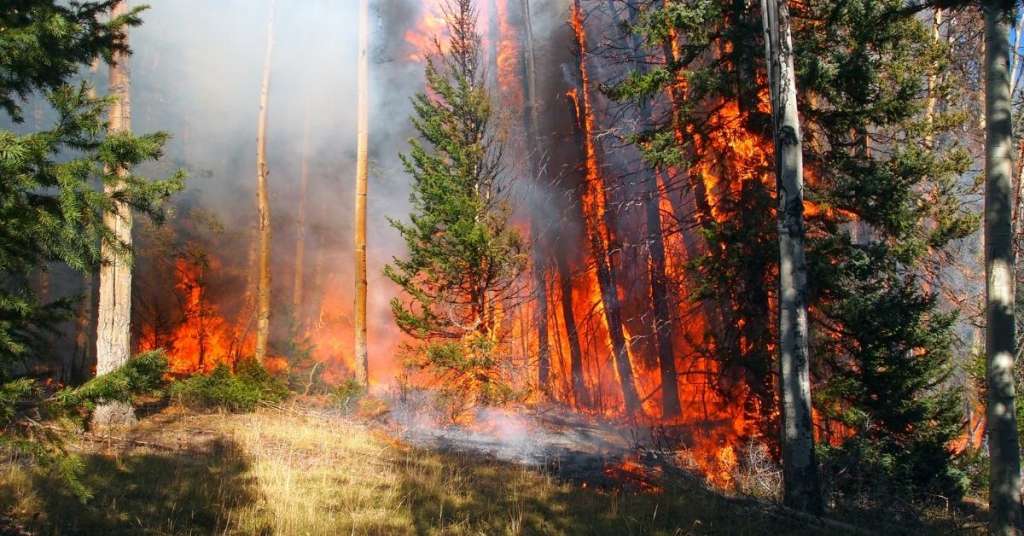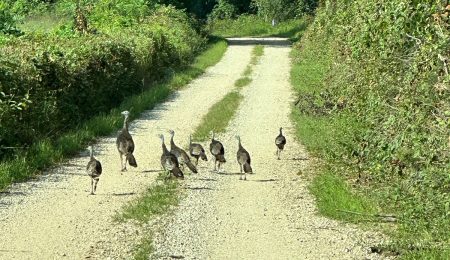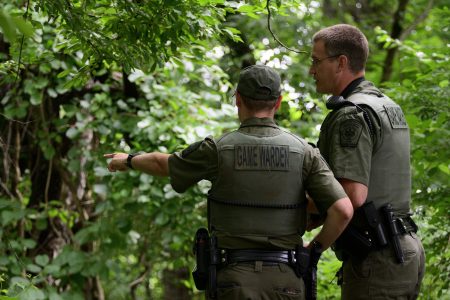The USDA have come together with the NWTF in a landmark wildlife conservation agreement, a first of its kind. The $50 million agreement allows for these partner organizations to address the wildfire crisis in the West. Funds from the new bipartisan infrastructure law will allow the Forest Service to amplify its efforts with other land-owning entities. These include federal agencies, conservation partners, tribes, states and local communities. They aim to work across boundaries and make a landscape-level impact to combat America’s wildfire crisis over the next decade.
Wildfire Crisis Strategy
Over the next 10 years, the Wildfire Crisis Strategy will focus on a scaled-up, cross-boundary approach. They estimate 20 million acres of hazardous fuels on National Forest Service lands will be treated. This is close to 10 times the current level being accomplished today. If they’re successful, it will stretch 30 million acres beyond National Forest Service lands.
NWTF & The Forest Service
Under this agreement, the NWTF aims to improve forest health and fish and wildlife habitat while reducing wildfire risk. The work includes vegetation management and transporting wood fiber from over-supplied areas. The work also includes supporting the Forest Service efforts to promote commercial use of forest products
This agreement is largest in the NWTF’s 50-year history and they’re the largest and longest-serving nongovernmental partner involved in Forest Service stewardship agreements.
“This long-term master stewardship agreement builds on a 40-year history of successful regional conservation partnerships between the NWTF and the Forest Service that have delivered on our organization’s mission of conserving habitat for wild turkey and preserving our nation’s hunting heritage,” said co-CEO Becky Humphries. “NWTF is proud to work with the Forest Service to enhance habitat and make America’s forests healthier and safer, and to accelerate the pace and scope of this vital work.”
The partnership between the NWTF and the Forest Service works especially well because the work done to benefit wild turkey habitat and other wildlife has considerable, far-reaching benefits to overall forest health, water supply, biodiversity and ecological health.
The National Wild Turkey Federation
To read the full story, click here.









